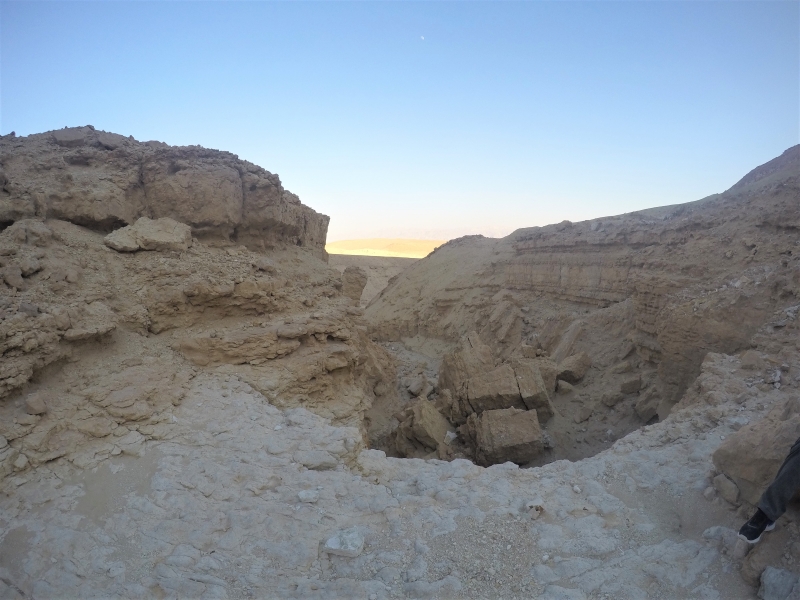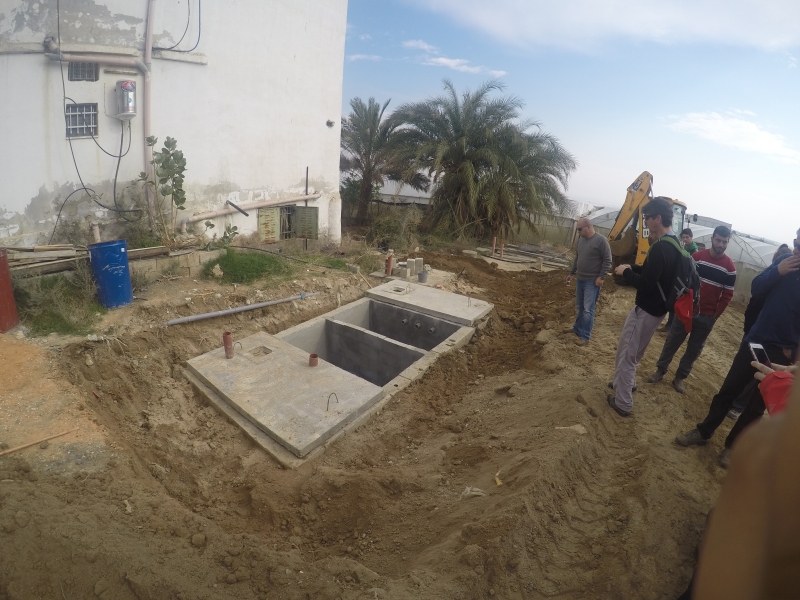The global community of agencies and NGOs working in the field of environmental compliance and enforcement has grown substantially in recent years, yet many practitioners remain isolated from others working in the field.
As our understanding of the underlying drivers of environmental compliance and non-compliance deepens, a need arises for creative and unconventional collaboration tools. The recently released UN First Global Report on the Environmental Rule of Law examining the current status of environmental laws highlights the importance of utilizing existing laws and regulatory mechanisms to achieve the goals of integrative sustainable development. This report, while revolutionary in its conception, is not a revelation. Those versed in environmental compliance and enforcement are aware that advances in environmental legislation will not bring us closer to achieving objectives unless frameworks are put in place to ensure that their stipulations are fulfilled effectively.
Barriers to adequate enforcement are numerous and are often exacerbated by a lack of access to verified and reliable solutions. In many countries, environmental agencies are plagued by a lack of cooperation, limited funding, and the instability that often comes with regime change. While various programs have attempted to address the proverbial gap between agencies and create robust tools to streamline communications and avoid duplication, the novelty and complexity of the challenges faced by practitioners in an increasingly global world, quite simply, call for global solutions.
 In an effort to close this gap, the International Network for Environmental Compliance and Enforcement (INECE) has created Compliance Conversations, a new network and capacity-building tool intended to support those working in environment, development, or justice spaces. Through accessible webinars, INECE seeks to convene individuals from all over the world to discuss the cutting-edge environmental challenges their communities are facing. These sessions do not aim to present a panacea to the specific issue a proposer may be facing, but rather to provide a platform to connect proposers and participants with experts from a variety of different backgrounds, experiences, and disciplines.
In an effort to close this gap, the International Network for Environmental Compliance and Enforcement (INECE) has created Compliance Conversations, a new network and capacity-building tool intended to support those working in environment, development, or justice spaces. Through accessible webinars, INECE seeks to convene individuals from all over the world to discuss the cutting-edge environmental challenges their communities are facing. These sessions do not aim to present a panacea to the specific issue a proposer may be facing, but rather to provide a platform to connect proposers and participants with experts from a variety of different backgrounds, experiences, and disciplines.
By creating a space that is open to all, INECE hopes to mitigate industry isolation and allow practitioners and experts to freely interact, collaborate, and begin developing tangible solutions. This practice of building networks will have implications not only for the network that INECE creates, but also for networks that are created as a result of these conversations. The knowledge and capacity to address many environmental and social challenges exists in different forms and is kept by different people, all over the world. What we must do now is connect that knowledge, and its keepers, to those who are in need of it.
So How Do They Work?
Each Compliance Conversation will take place over the course of two sessions. In the first, the proposer introduces their topic and gives context to the challenges involved. After a Q&A period, participating practitioners are invited to share similar experiences and help to further advance the scope of the issue at hand. In the second session, Compliance Conversations invites experts to lead an open discussion stemming from the central questions posed in the first session.
After the second discussion, the INECE Secretariat will coordinate with participants to produce a working paper summarizing the discussion, which will be made available to all participants and INECE members. Through this discussion series, we hope to not only facilitate open dialogue but to also work toward finding solutions to some of the most pressing environmental compliance problems.
Coming Up
The INECE Secretariat will host the first Compliance Conversations, Developing Compliance Models for Off-Grid Wastewater Treatment and Reuse Systems, moderated by Dr. Clive Lipchin of the Arava Institute, on February 15 and March 1. Using an illustrative example from Dr. Lipchin’s work in Palestine, this Compliance Conversation will explore how stakeholders in off-grid communities can work to facilitate compliance with greywater treatment and reuse standards. The discussion will seek to answer the following questions:

- How can we develop regulations and permits for diverse water management systems?
- What should be the water quality standard?
- What measurements will be used?
- How will system operators and regulators work together on ensuring compliance?
Join us as we begin to build lasting and fruitful connections and start the conversations that will shape the future of environmental compliance. More event details and registration for this discussion series is available here.
Do you think Compliance Conversations could be a good tool for addressing a current problem you are working on? Submit your proposals here!

